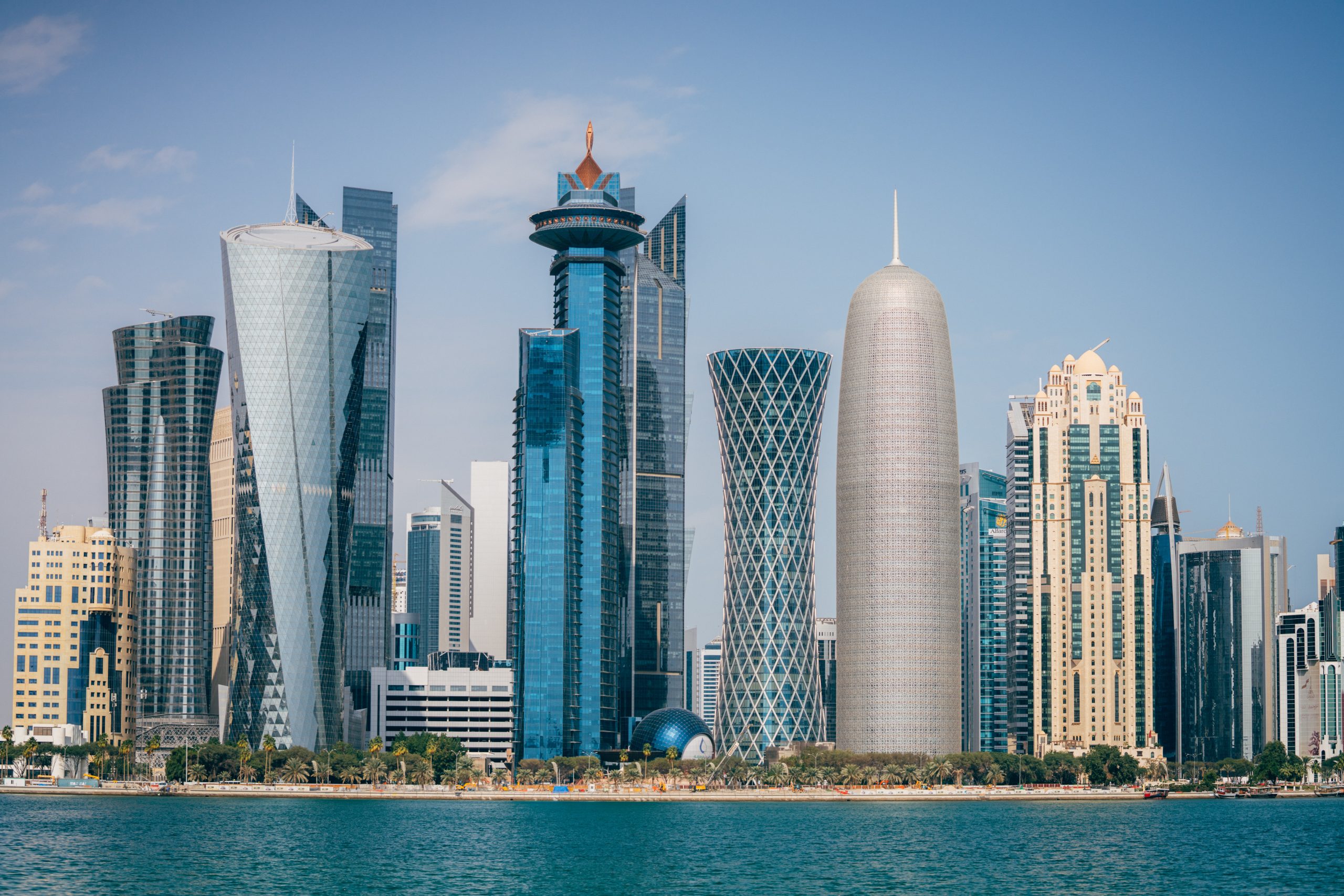Doha intends to invest $45 billion in tourism after the World Cup and hopes to nearly double tourism’s GDP contribution over the next 16 years.
Qatar’s travel and tourist expenditure revenues totalled $16.5 billion in 2021, a new report by Alpen Capital found.
The quantity of hotel rooms in Qatar has increased at the fastest rate among the Gulf Cooperation Council (GCC) countries, growing at a Compounded Annual Growth Rate (CAGR) of 10.1% between 2016 and 2021, according to Alpen Capital’s “GCC Hospitality Industry” report.
According to estimates, the Gulf country’s overall room count increased by 11,918 rooms since 2016 to stand at 37,085 last year.
Despite the difficult economic circumstances, Doha “demonstrated resilience” and added over 10,243 hotel rooms in just 2020 and 2021.
The nation is reported to have occupied 4.5% of all hotel rooms in the GCC region as of last year.
FIFA 2022 preparations
With Qatar preparing to host the 2022 FIFA World Cup, a number of huge projects are now in the works.
The predicted number of hotel rooms in Qatar for 2022 is 13,300, with 80% of that supply expected to fall within the four- or five-star hotel category.
After the major sporting event concludes in December, the sharp increase in supply is predicted to put downward pressure on occupancy rates. However, the elevated profile provided by hosting the event, development of significant tourism infrastructure, lifting of the blockade and global travel recovery are all expected to support the growth prospects of the tourism sector in Qatar.
As it seeks to promote itself as a commercial hub in the GCC, Doha looks to mount on top of its accomplishment of the World Cup 22 by hosting a number of business forums and conferences.
According to estimates by Alpen Capital, the Gulf country is expected to have the highest occupancy rates among the GCC countries in 2021, reaching 71%.
Despite falling to $53.3 million in 2020 due to the pandemic, Qatar is the only GCC nation to have reported an increase in revenue per available room (RevPAR) from $67.8 million in 2019 to $78.4 million in 2021.
Separately, Qatar’s hospitality industry is expected to increase by 59.8% year-on-a year (y-o-y) basis to reach $1.6 billion in 2022, according to a forecast from Alpen Capital.
This can be partially attributed to an expected 325.5% year-over-year surge in tourist arrivals as the FIFA World Cup host nation is expecting to open its doors to an estimated 1.4 million visitors. This will likely further expand revenues in the hospitality sector.
By adding 105 new hotels to its portfolio of properties as well as several creative temporary lodgings (fan villages and camping by the desert), including 16 floating hotels with a capacity of nearly 1,600 rooms, Qatar has been rapidly expanding the hotel industry to accommodate the surge in visitors.
An additional 50 new hotels are also scheduled to open by the end of this year, the report stated.
$45 billion investment in tourism
Qatar is aiming to become a global sports centre. In a bid to increase tourism’s share in the country’s GDP to 10% by 2030 and draw six million visitors yearly, Doha has initiated a promotional campaign aimed at 17 visitor source markets.
Doha intends to invest $45 billion in tourism after the World Cup and hopes to nearly double tourism’s GDP contribution over the next 16 years with the help of investments from relevant entities and the government, Alpen Capital reported.
In an exclusive interview with Doha News, FIFA World Cup Qatar CEO Nasser Al Khater said that Qatar has long been a regional sports hub hosting major events even before winning the bid to host the tournament back in 2010.
“In 2006, we hosted our first major event, the ‘2006 Asian Games’. Since then we’ve hosted over 600 international and regional events, so if we look at sports I mean obviously the World Cup is the biggest but hosting the Handball World Championship, hosting the IWF Athletics World Championship, hosting Formula 1 now for the next 10 years,” Al Khater detailed.
“Qatar has been a regional powerhouse in sports and will continue to be so,” he told Doha News, suggesting that the Gulf state will continue to host sports events even after the 2022 FIFA World Cup.
While addressing the major football tournament in a panel discussion at the Qatar Economic Forum 2022, Al Khater pointed to increasing brand value for Qatar.
“In relation to the return of the World Cup there is no direct return, it’s an intangible return so the first and major one is brand, brand value and also an increase in tourism, and to help our friends in tourism to help them achieve their goals in terms of increasing tourism here in Qatar,” he said.
“Really it’s about increasing brand value for Qatar and making it a destination for tourism are the two major indicators of the success of the World Cup here in Qatar.”







